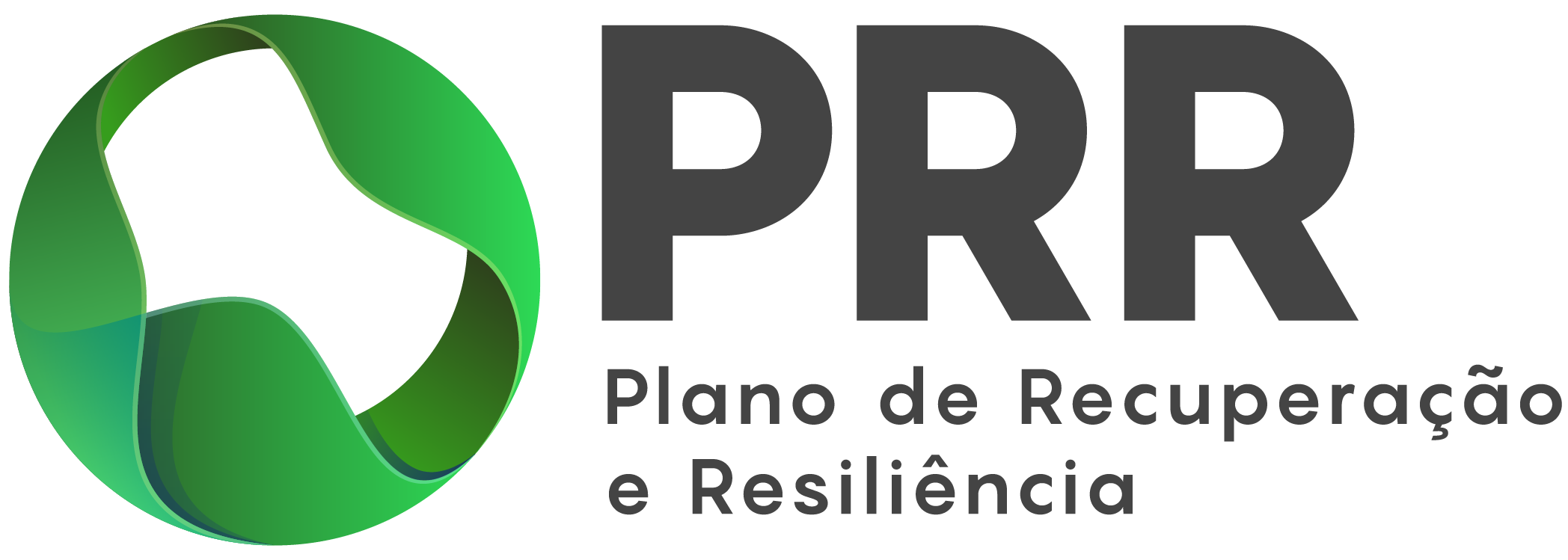Portugal has climbed three places in the Global Soft Power Index 2024 and is now in 27th position. This index assesses how a nation can influence other players on the international arena, such as states, corporations or communities, through attraction and persuasion rather than coercion.
The axes that contributed most to this performance were Business & Trade, International Relations, Culture and Heritage, People and Values and Media and Communication.
Brand Finance's Global Soft Power Index evaluates all 193 member states of the United Nations, scored out of 100, according to the results of a survey of 170,000+ respondents in 100+ markets.
The concept of Soft Power was first introduced by Joseph Nye in 1990 who argued that there is an alternative method of foreign policy for states to win the support of others; rather than the traditional Hard Power method, which involves using military and economic means as the primary method of achieving its goals.
The axes that contributed most to this performance were Business & Trade, International Relations, Culture and Heritage, People and Values and Media and Communication.
Brand Finance's Global Soft Power Index evaluates all 193 member states of the United Nations, scored out of 100, according to the results of a survey of 170,000+ respondents in 100+ markets.
The concept of Soft Power was first introduced by Joseph Nye in 1990 who argued that there is an alternative method of foreign policy for states to win the support of others; rather than the traditional Hard Power method, which involves using military and economic means as the primary method of achieving its goals.




